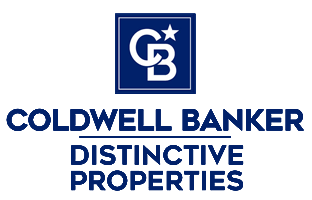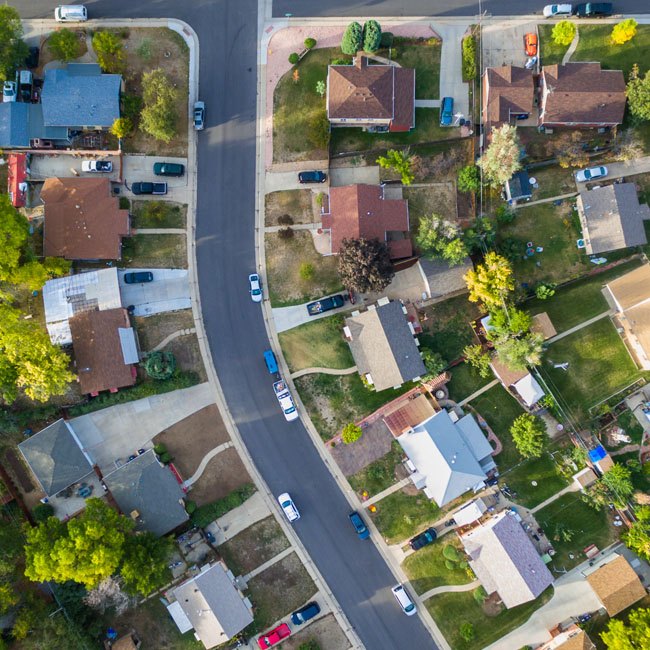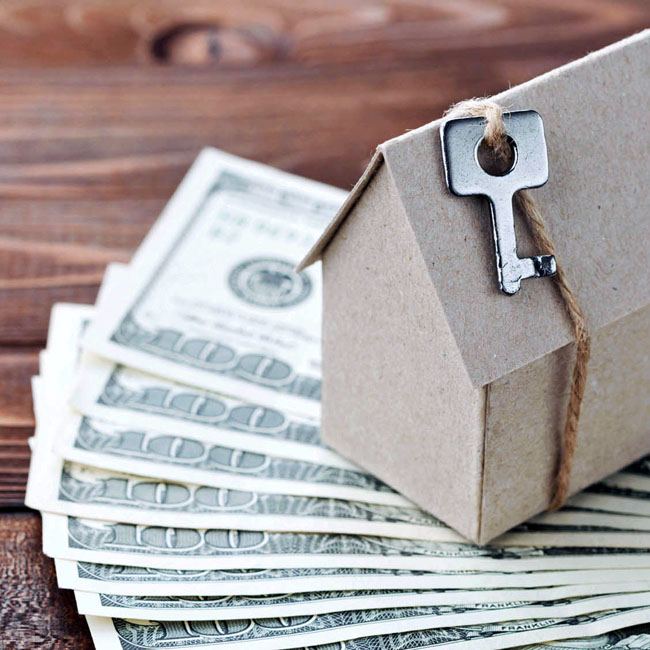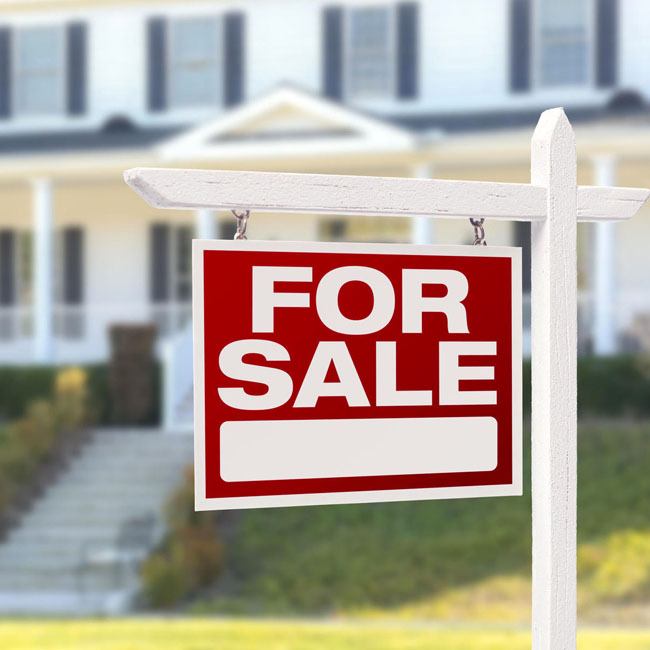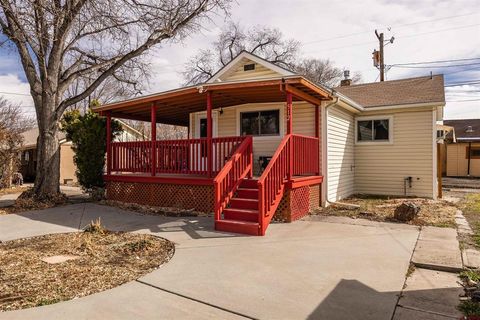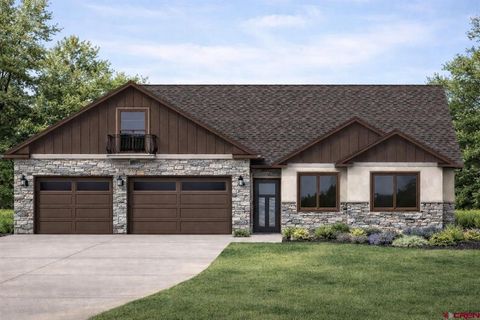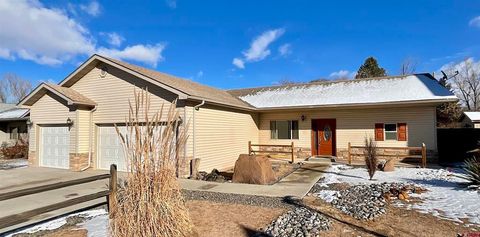Buying a Home in Montrose
Montrose has a very healthy real estate market, with a minimal 6.3% of its homes being of negative equity, and under 1% of its homes faced foreclosure last year. Both of these statistics are well below the national average. Montrose’s median home value is $227,400, and local homes have seen a 6.5% increase in value in the last year alone. The median price in Montrose as listed per square foot is $161, compared to the lower average of Montrose Metro at $158. The current listed median price of homes in Montrose is $359,900.
Determine Your Affordability
Before you begin your home search, it’s important to know what fits in your price range. Try our home affordability calculator to determine how much you can afford to safely spend.
Check your Credit
Your credit score is one of the key deciders on whether or not you’re approved when you’re taking out a mortgage loan. Your credit also helps determine your interest rate, and sometimes even the terms of the loan.
Whenever you open a new credit account, whether it’s start a new credit card or to take out an auto loan, the lender will run a hard inquiry. A hard inquiry can temporarily affect your credit score. If you plan on applying soon for a mortgage, you should avoid opening new credit accounts in order to keep your score up.
Explore your Down Payment Options
Don’t have enough money saved for a down payment? There are many down payment assistance programs for first-time home buyers, such as federal mortgage programs with Fannie Mae and Freddie Mac, that provide mortgages with as little as 3% down.
Budget for Closing Costs
Not only do you need to save for a down payment — home buyers also need to budget for closing costs. Closing costs are usually around 2-5% of your loan amount. You can look around to compare prices on closing costs like home inspections, home owners’ insurance, and title searches. It’s also possible to defray some of your costs by asking the home seller to cover some of your closing costs or negotiating the commission for your real estate agent.
Budget for Move-In Expenses
Once you’ve saved for your down payment and budgeted for closing costs, set aside a buffer to pay for moving costs, move-in purchases, and unexpected purchases. These may include furnishings, appliances, rugs, updated fixtures, new paint and any other touches desired when you move in.
Consider what Type of Property to Buy
If you want a large property or need sizable space for your family, a single-family home is a great option. If you’re willing to sacrifice space for less maintenance and extra amenities, a condo or townhome could be a better fit.
Research Mortgage Options
Is a 30-year, fixed rate mortgage a given, or is another loan type right for you? If you can afford larger monthly payments, you can get a lower interest rate with a 20-year or 15-year fixed loan. Use our calculator to determine if a 15-year or 30-year fixed mortgage is a better fit for you. You may prefer an adjustable-rate mortgage, which is riskier but guarantees a low interest rate for the first few years of your mortgage.
Get Preapproved
You can get pre-qualified or pre-apprived, which gives you an estimate of how much a lender may be willing to lend based on your income and debts. The lender thoroughly examines your finances and confirms in writing how much it’s willing to lend you and at what terms. As you get closer to buying a home, having a pre-approval letter in hand makes you look much more serious to a seller and can give you an upper hand over buyers who haven’t taken this step.
Hire the Right Buyers’ Agent
Your Realtor® will guide you through the complex real estate market, so it’s important to find an agent that is mindful of your wishes, needs, and goals. A good buyers’ agent should be motivated, skilled, and familiar with your area.
Stay Under Your Preapproval Limit
During your home search, look for properties under your pre-approval amount or the budget you approved. You can afford your limit, but it is the limit — and it won’t cover a faulty dish washer or microwave, or any of the other issues which come up during home ownership. Instead of going over your limit, set a lower budget to give yourself breathing room to meet unexpected costs.
Pick the Right Neighborhood
Locating the right home and finding the right neighborhood go hand in hand. Even if you don’t have children, nearby schools and community benefits can affect your home’s value. You should also look at local crime statistics and the proximity and quality of employment opportunities and local services, such as medical care. Another good idea is to drive through neighborhoods on different days and times to get familiar with the traffic, noise, and activity in the area.
Make the Most of an Open House
This is yet another opportunity to familiarize yourself with the neighborhood. During your tour, pay attention to the condition of the home. This includes disrepair, smells, and stains. Be sure to ask questions about the house, like when it was built, how old the appliances are, and the age and condition of A/C and heating systems. If there are many other buyers viewing the home, don’t hesitate to set up a return visit or two in order to see more of the property.
Search for Tomorrow’s Home
Looking at properties which meet your current needs is easy. However, if you plan to start a family – or expand your current one – then it may be better for you to buy a larger home. Moreover, a smaller home may be in order if you are looking to downsize in the coming years.
Be Prepared to Compromise
It can be easy to get stuck on superficial details like paint colors, cabinetry, and carpet while you’re looking at a home. Remember to not let these little details get in the way, as they are easy to change as soon as the home is yours.
Finding a property that checks every want on your list is harder than finding a needle in a haystack. Think carefully about what you can afford to compromise on, and what you can’t. Maybe the lack of a master bedroom with a walk-in closet is a deal breaker for you, but something like a shower/bath combo in the guest bathroom can be tolerated until you can afford to renovate it.
Make a Strong Offer
Your real estate agent can help you with negotiating a deal, but consider how much under or over the asking price you’re willing to pay to obtain your dream home. If there are multiple bids, think about tactics to win over the seller, such as a personalized letter.
Avoid a Costly Bidding War
In a competitive real estate market with limited inventory, it’s likely you’ll be bidding on properties with multiple offers. When you find a home you love, it’s tempting to make a high-priced offer that’s sure to win. Don’t let your emotions take over; stick to your purchase budget to avoid getting stuck with a mortgage payment you can’t afford.
Negotiate
A lot can be negotiated in the home buying process, which can result in major savings. Are there any major repairs you can get the seller to cover, either by fully handling them or by giving you a credit adjustment at closing? Is the seller willing to pay for any of the closing costs? If you’re in a buyers market, you may find the seller will bargain with you to get the house off the market.
Buy Homeowners’ Insurance
Before you close on your new house, your lender will require you to buy homeowners insurance. Shop around and compare rates to find the best price. Look closely at what’s covered in the policies; going with a less expensive policy usually means fewer protections and more out-of-pocket expenses if you file a claim. Be aware that your insurer can drop your property if it thinks the home’s condition isn’t up to snuff, so you may have to be prepared to find a new policy quickly if it sends someone out to look at the property and isn’t happy with what it finds. Also, flood damage isn’t covered by homeowners insurance, so if your new home is in a flood-prone area, you may want to buy separate flood insurance.
Know the Limits of a Home Inspection
Once your offer is accepted, you’ll pay for a home inspection to examine the property’s condition inside and out. Note, not all inspections test for things like radon, mold or pests, so be sure you know what’s included. Make sure the inspector can access every part of the home, such as the roof and any crawl spaces. Attend the inspection and pay close attention. Don’t be afraid to ask your inspector to take a look — or a closer look — at something. No inspector will answer the question, “Should I buy this house?”, so you’ll have to make this decision after reviewing the reports and seeing what the seller is willing to fix.
Just Listed
Montrose Properties for Sale
Contact Us
Do you have question, or are you looking to enter the real estate market? Get in touch with our experienced Montrose real estate team today.
